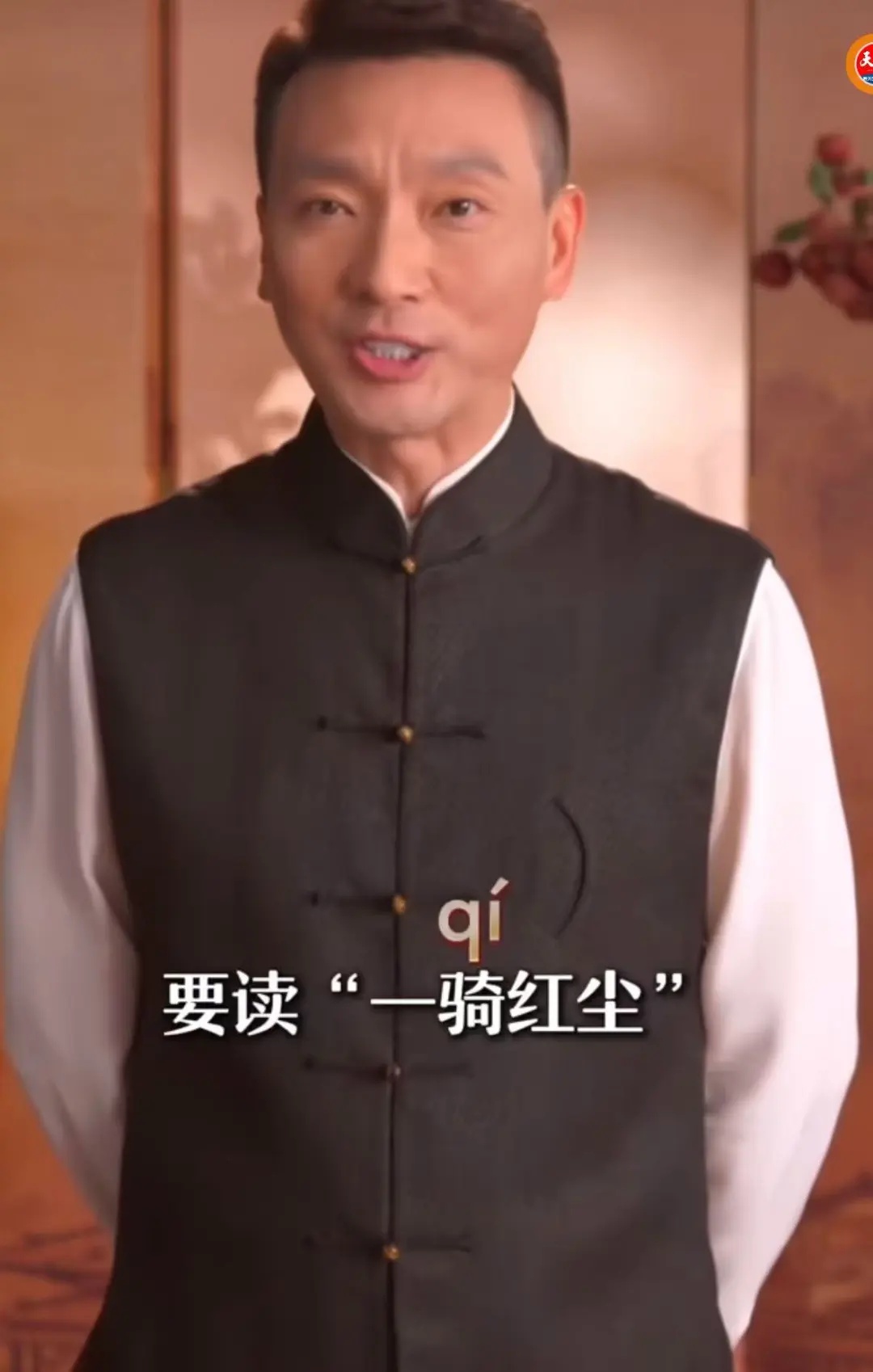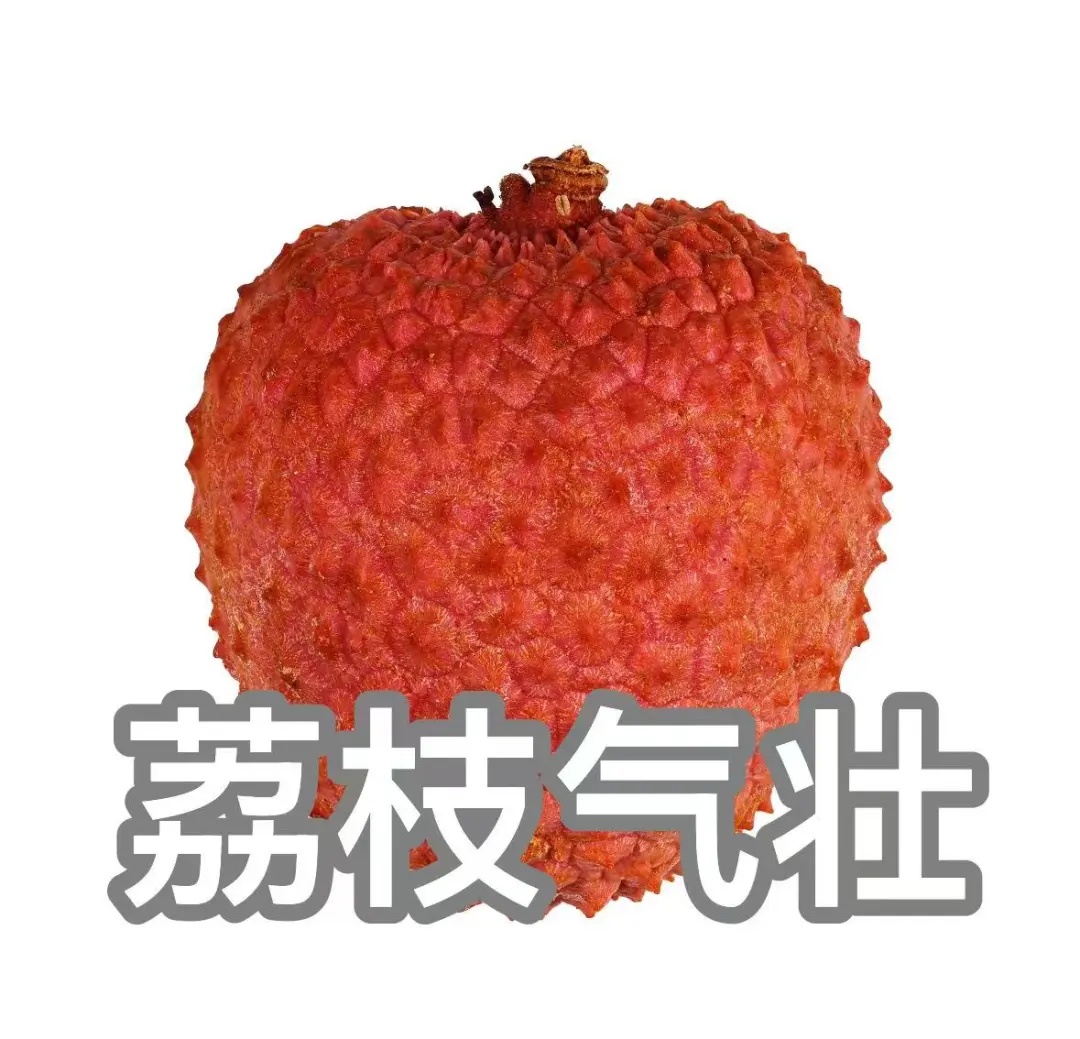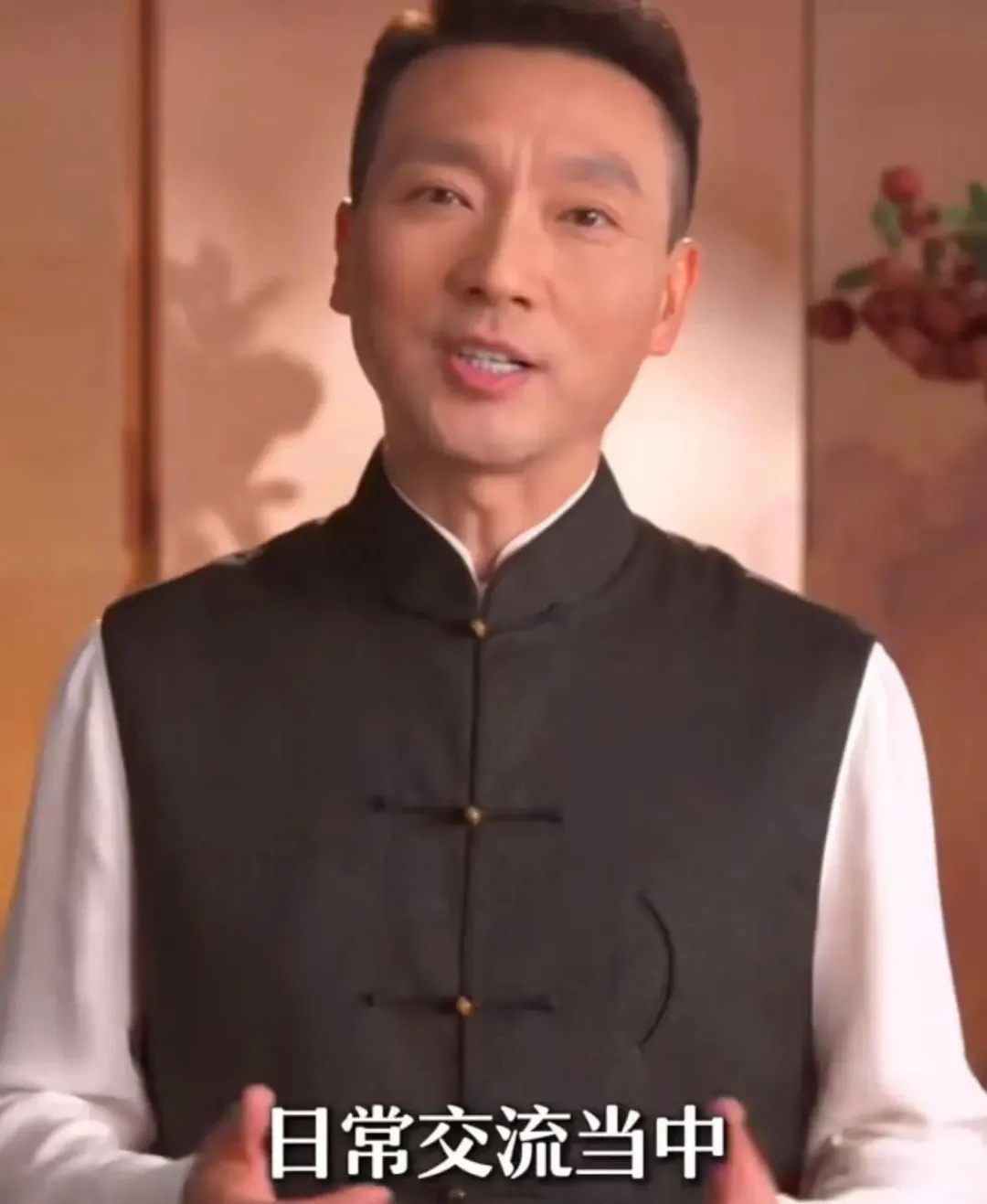Follow us
划动查看中文版
As the TV drama "The Litchi (Lychee) Road " delights viewers across China, a centuries-old poetic line has unexpectedly ignited a heated debate about Mandarin pronunciation.
The phrase "A steed raising red dust won a fair mistress' smile; How no one knew 'twas lychee brought from southern mile!" from the Tang Dynasty poem has surged to trending status on social media over the correct reading of the Chinese character qi (骑).
The controversy centers on whether the character should be pronounced as "qi" (riding) or the archaic "ji" (cavalry/horseman). CCTV host Kang Hui clarified the issue by referencing the 7th edition of the Contemporary Chinese Dictionary, stating that qi is now exclusively pronounced "qi" when referring to "cavalry" or "mounted riders", with "ji" officially marked as an obsolete reading.


近日,电视剧《长安的荔枝》正在热映中,“一骑红尘妃子笑,无人知是荔枝来”这一诗句的读音也引发热议。
“骑”在这里该读“qí”还是“jì”?6月17日,相关话题冲上热搜!

央视主持人康辉解释说,查阅《现代汉语词典》的第七版可知,“骑”字在表示“骑兵”或“骑马的人”时,仅标注“qí”一个读音,而“jì”被明确标注为“旧读”。
据新华日报消息,记者咨询多位中小学老师,也证实了康辉的说法,语文课本中,“一骑红尘妃子笑”中的“骑”念qí。
早在1985年公布的《普通话异读词审音表》,就对几首古诗的读法做出了规范,“一骑(qí)红尘妃子笑”中的“骑”读qí,而不读jì。“远上寒山石径斜(xié)”中的“斜”读xié,不读xiá。
1985年审音表还对很多读音做出了调整:
“成绩”不读“成jī”,读“成jì”;“确凿”不读“确zuò”,读“确záo”;“呆板”不读“ǎi板”,读“dāi板”;“卓越”不读“zhuō越”,读“zhuó越”;“咆哮”不读“咆xiāo”,读“咆xiào”;“驯服”不读“xún服”,读“xùn服”等等。
那么,现代汉语规范读音的权威依据是什么?正如主持人康辉所强调的,《现代汉语词典》是最重要的标准之一。而现在出版的语言工具书、教材、播音人员参考的手册都是按照异读词审音表的规定处理。









不过他也承认,按照近体诗的平仄规律,“一骑红尘妃子笑”中的“骑”读仄声“jì”确实更能体现原诗的韵律美,“远上寒山石径斜”中的“斜”读“xiá”的“语感”更好一些,更接近古人的押韵原则,更能体现音律美。
读“qí”不读“jì”,让不少网友瞬间陷入“知识盲区”。
Swipe for Chinese version


